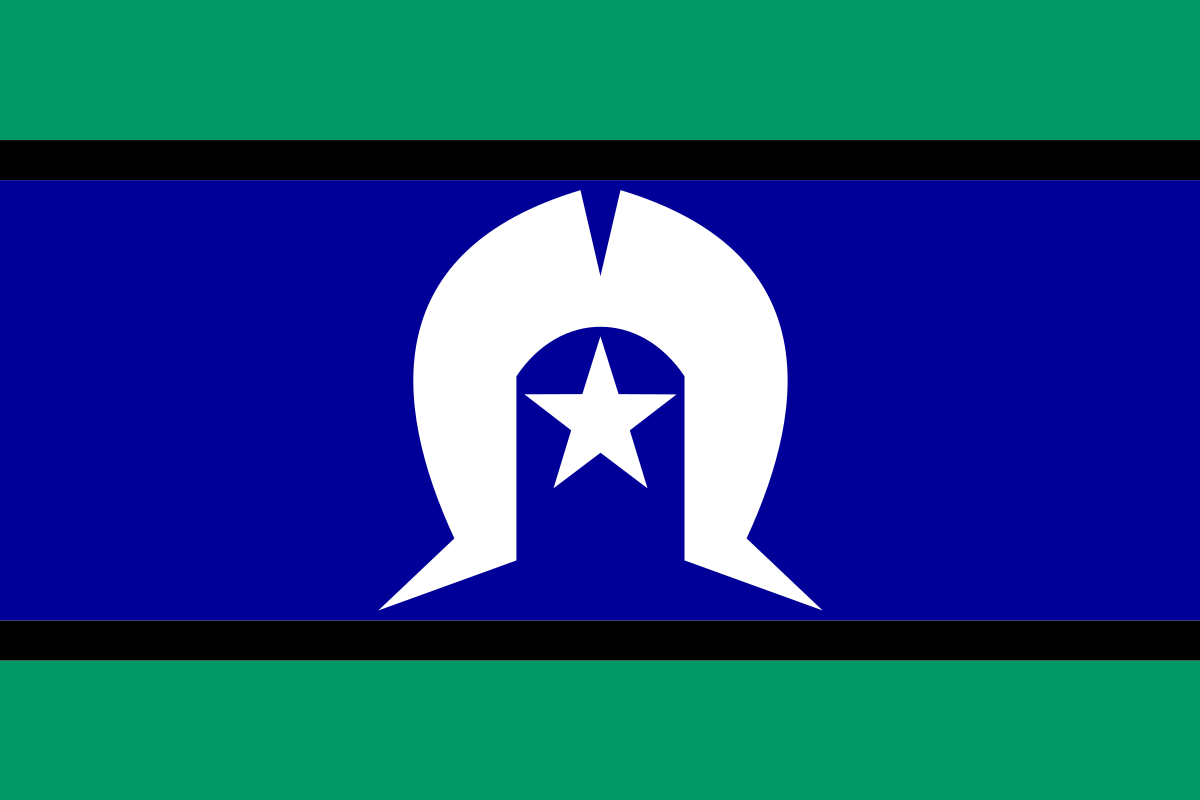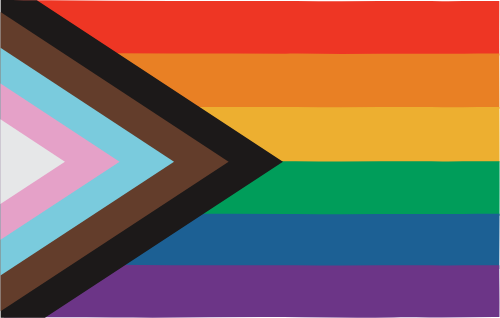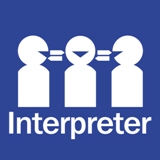Are ASeTTS back open since the COVID-19 lockdown?
Yes. ASeTTS doors are back open. We ask you to please follow staff instructions when you visit, which may include using hand sanitiser, recording of contact information and the taking of temperatures. Please accept our thanks for your understanding and support.
Did ASeTTS continue to provide a service during the COVID-19 lockdown?
ASeTTS continued providing a service to clients, existing and new. This service was provided via over the phone counselling.
Who are ASeTTS?
ASeTTS is a Not for Profit Association who provides holistic services for refugee survivors of torture and trauma to rebuild their lives.
How can I contact ASeTTS?
ASeTTS can be contacted on (08) 9227 2700 or by email here.
ASeTTS is located at 286 Beaufort Street, Perth and 1/14 Chesterfield Road, Mirrabooka.
What services can ASeTTS provide?
ASeTTS provides a number of services including counselling, community development, youth support and family and children services to torture and trauma survivors.
How much does it cost?
ASeTTS services are free of charge for all clients.
How can I get referred to ASeTTS?
You can be referred by your Doctor, another service provider, or you can self-refer.
You will need to complete and provide us with a referral form by:
- Link here to the referral page;
- Email to referral@asetts.org.au;
- Fax to (08) 9227 2777 or;
- You can attend ASeTTS in person.
What are the referral guidelines?
In order for ASeTTS to provide a service you must meet the referral guidelines listed below:
- Refugee-like background – person left their country of origin due to fear or actual persecution on the basis of race, nationality, ethnicity, religion, sexuality, political or other affiliations.
- Torture and trauma experiences – person has been affected by trauma, including violent conflict, imprisonment, torture, multiple losses, forced migration and family separation.
- Trauma-related psychosocial symptoms – including, intrusive memories, difficulties sleeping or concentrating, negative moods or emotions, relationship difficulties and hyper-vigilance.
What is torture?
The United Nations Convention Against Torture and other Cruel, Inhuman or Degrading Treatment or Punishment defines torture as the intentional infliction of severe mental or physical pain or suffering by or with the consent of the state authorities for a specific purpose.
Torture – which occurs in more than 100 countries – encompasses many forms of suffering, both physical and psychological, which are remarkably similar worldwide. Most techniques seek to prolong the victims’ pain and fear for as long as possible without leaving visible evidence. Common methods of physical torture include: beating, electric shocks, stretching, submersion, suffocation, burns, rape and sexual assault. Common methods of psychological torture include: isolation, threats, humiliation, mock executions, mock amputations, and witnessing the torture of others.





